The list of key-notes will be updated as the speakers are confirmed.
Isabelle Anguelovski
Institute of Environmental Sciences and Technology (ICTA)
Catalan Institution for Research and Advanced Studies (ICREA)
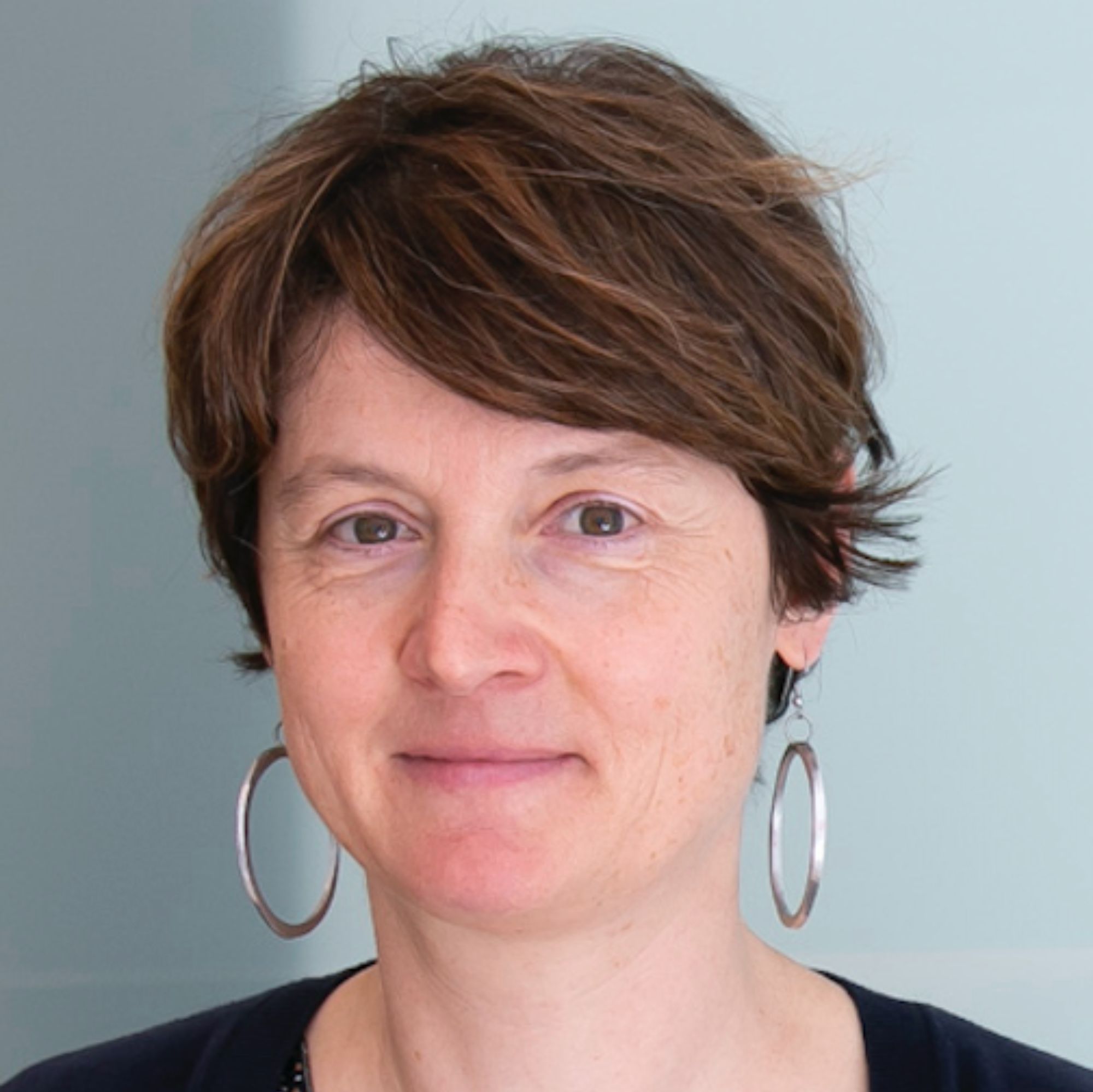
Justice, Resilience, and Wellbeing in the Green City
This talk explores the complex and often overlooked dynamics of urban greening interventions, such as parks, greenways, and climate-resilient green infrastructure, and their unintended role in green gentrification.
While many of these projects are designed to address a multiplicity of climate challenges, they frequently deepen or accelerate social inequalities, particularly in historically marginalized communities.
Throughout the presentation, Anguelovski will unpack the nuanced socio-spatial processes, such as green gentrification, and feedback loops (e.g. land and real estate speculation; green branding) that contribute to new forms of green inequality.
These socio-spatial processes and feedback loops also challenge the conventional narrative that equates urban greening with inevitable gentrification. Anguelovski will therefore examine some of the policy tools and civic action that can advance urban green justice and foster just climate urbanism.
About the speaker:
Anguelovski is an ICREA Research Professor, a Principal Investigator, and Head of the Gender, Diversity, and Wellbeing Committee at ICTA-UAB. She also currently coordinates the Catalan-funded SGR (Research Group) BCNUEJ. She graduated with a Bachelor’s Degree in Political Studies from Science Po Lille and a Master’s in International Development at the Université de Paris 1 Sorbonne, pursued a Graduate Certificate in Nonprofit Management at Harvard University and obtained a PhD in Urban Studies and Planning from MIT before returning to Europe in 2011 with a Marie Curie International Incoming Fellowship
As part of collaborative and individual international research projects, she studies how urban environmental injustice is materialized and contested. Currently, her focus is on four main research areas: 1) The politics of the green city as a growing global planning orthodoxy; 2) The social and racial manifestations and impacts of green gentrification for historically marginalized residents; 3) Urban planning for health and wellbeing, with a focus on health equity and justice; and 4) Justice and inclusivity in climate adaptation planning, including distributional and procedural insecurities produced by adaptation plans, interventions, and land use configurations and regulations. Her most current work examines the compounding environmental racisms and injustices faced by marginalized groups when exposed to climate impacts (e.g. heat, flooding), resilient infrastructures, and displacement pressures.
To read more about Anguelovski’s work see: Isabelle Anguelovski Bio – Barcelona Lab for Urban Environmental Justice and Sustainability (bcnuej.org)
Jørn Ljunggren
Centre for Welfare and Labour Research – Norwegian Social Research (NOVA), OsloMet and Center for Urban Equality Research, Oslo (CURE Oslo)
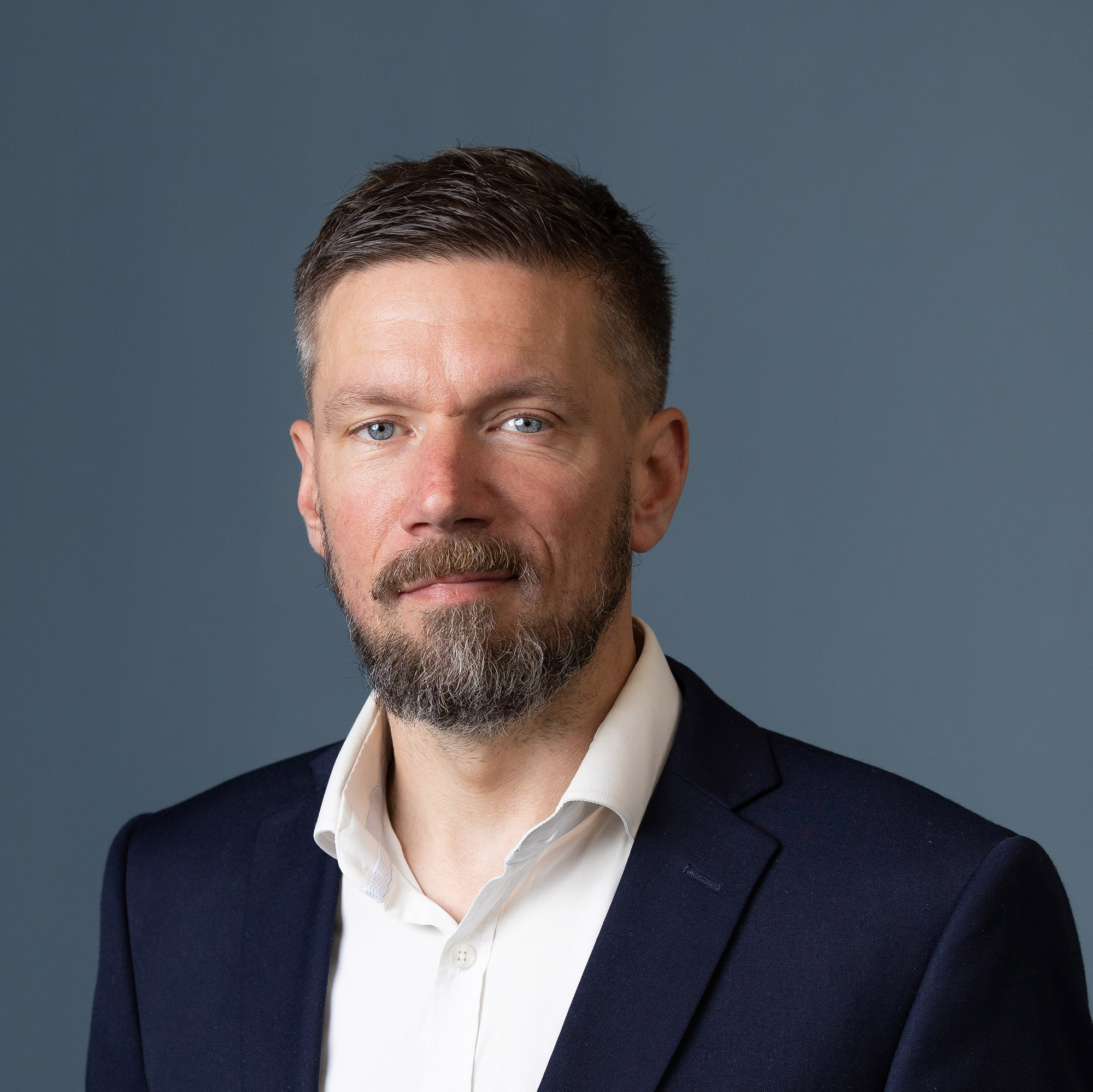
Urban Class Reimagined: Old Divides in New Egalitarian Wrappings?
Urban inequality and segregation have been central characteristics of cities since their dawn. With the rise of the Scandinavian welfare state model, significant efforts were made to address the extensive class differences, which often manifested in radically different housing conditions.
However, in recent decades, both cities, populations, and politics have undergone such significant changes that it may now be more appropriate to talk about other urban social divides rather than class.
We have, for example, witnessed a shift from traditional industry to knowledge-intensive sectors and a shift from a homogeneous ethnic, cultural, and religious population to one marked by diversity.
At the same time, neither economic inequalities nor the spatial concentration of affluence or poverty have diminished.
How should we approach this analytically?
About the speaker:
Jørn Ljunggren holds a PhD in Sociology and is a researcher at the Section for Youth Research at NOVA, OsloMet. He is also Director for Center for Urban Equality Research in Oslo (CURE Oslo).
Ljunggren’s main academic interests lie within the areas of social stratification, social class, urban inequality, power, and social inequalities in trust and political participation. Of particular interest is the connection between different inequality factors such as gender, minority background, and class.
Einar Sneve Martinussen
Institute of design, The Oslo School of Architecture and Design (AHO)
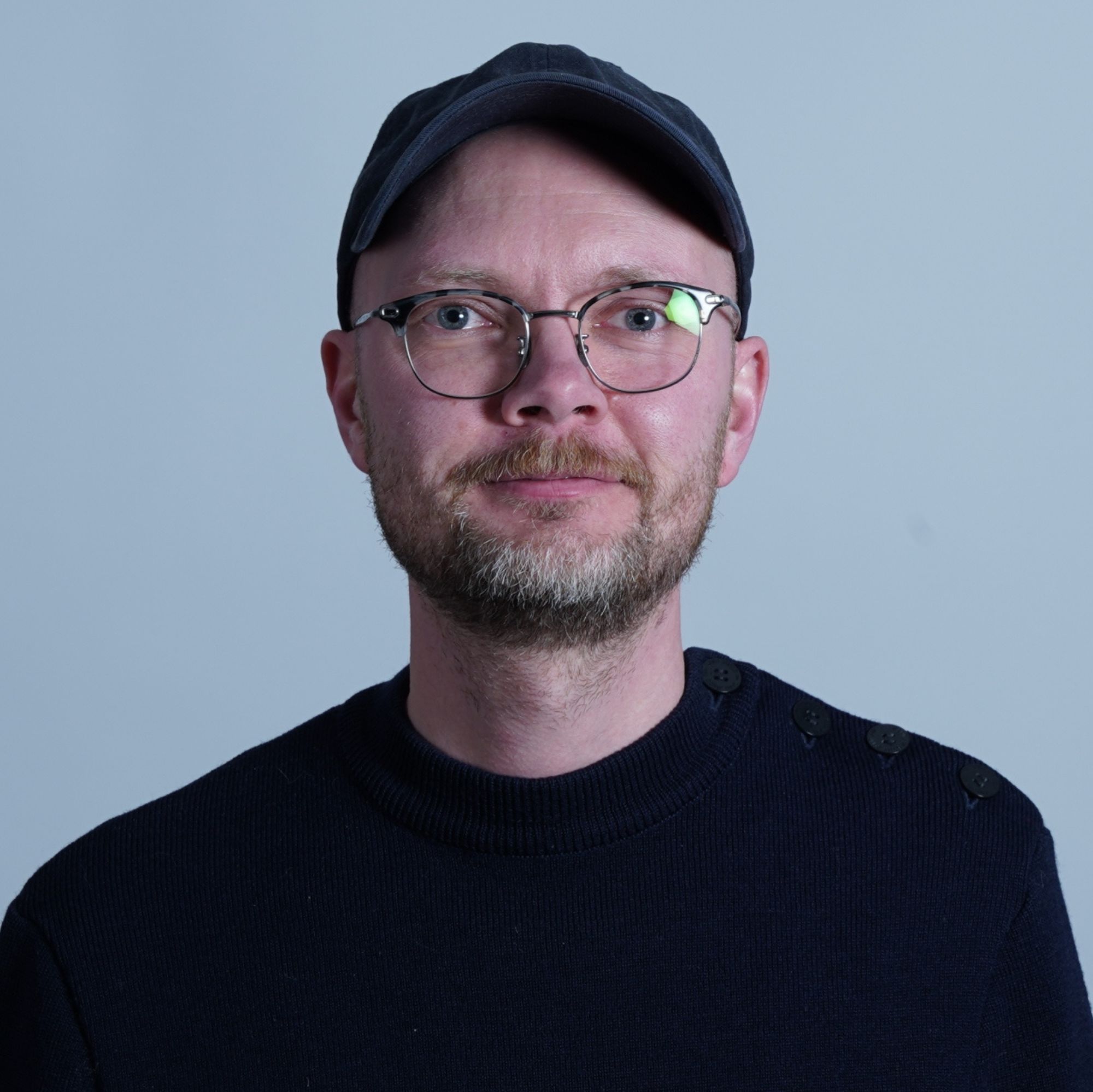
Digital Commons
In urban and societal development, there is a need for new tools, methods, and policies to address ecological, social and economic issues. This talk addresses this need through investigating how digital tools may be used to strengthen and enhance social infrastructures, i.e. “spaces and facilities that contribute to the public life of cities” (Latham & Layton, 2019, p. 1).
Key examples include both formal institutions like libraries, museums, culture venues, parks, and sports-halls, as well as more informal structures like street-corners, cafes, and organisations and clubs (Klinenberg, 2018).
Today, our use of social infrastructures are increasingly interwoven with digital platforms, as forms of digital commons, engendering new forms of practices, functions, and possibilities.
Is it possible to design and develop new forms of civic digital services that specifically support cities and communities?
About the speaker:
Einar Sneve Martinussen is an interaction designer and researcher working with culture, technology and urban life. Martinussen is the Associate Professor and coordinator of interaction design at the Institute of Design at the Oslo School of Architecture and Design. Martinussen did his doctorate as a part of the research project YOUrban on networked cities, social media and design. His PhD thesis is titled ‘Pockets and cities – Investigating and revealing the networked city through design’ and takes up how interaction design can be used to gather insights and generate new meaning in the meeting point between new technologies and urban life.
Martinussen is educated as an interaction designer at AHO, but also has a background from architecture and urbanism, music and technology. His work includes visualisations of technology, films, inventions, interactive products and exhibitions. Martinussen also lectures widely about design, technology, everyday life and media at conferences and institutions such as Goldsmiths University, IxDA, the School of Visual Arts in New York, Playful, TEI and Aalto University.
Outreach and communication is a central part of Martinussen’s work. This includes opinion articlesfor national newspapers, online writing and media contributions to places such as Discovery Channel, NRK and CBC. Martinussen has also been part of organising and hosting the international conference ‘Digitalt Byliv’ on digital urban life. Several of Martinussen’s projects have been exhibited widely, including ‘Immaterials‘ at Lighthouse, MoMA’s ‘Talk to Me’ in New York City, ‘Invisible Fields’ at Laboral in Spain and ‘DREAD’ at De Hallen Haarlem in Amsterdam.
Since 2008 Martinussen has been teaching and developing various areas of interaction design at AHO, including concept development, theory, electronics and programming. Martinussen is also a part of the Oslo based design studio Voy.
Oleksandra Deineko
Norwegian Institute for Urban and Regional Research (NIBR) OsloMet
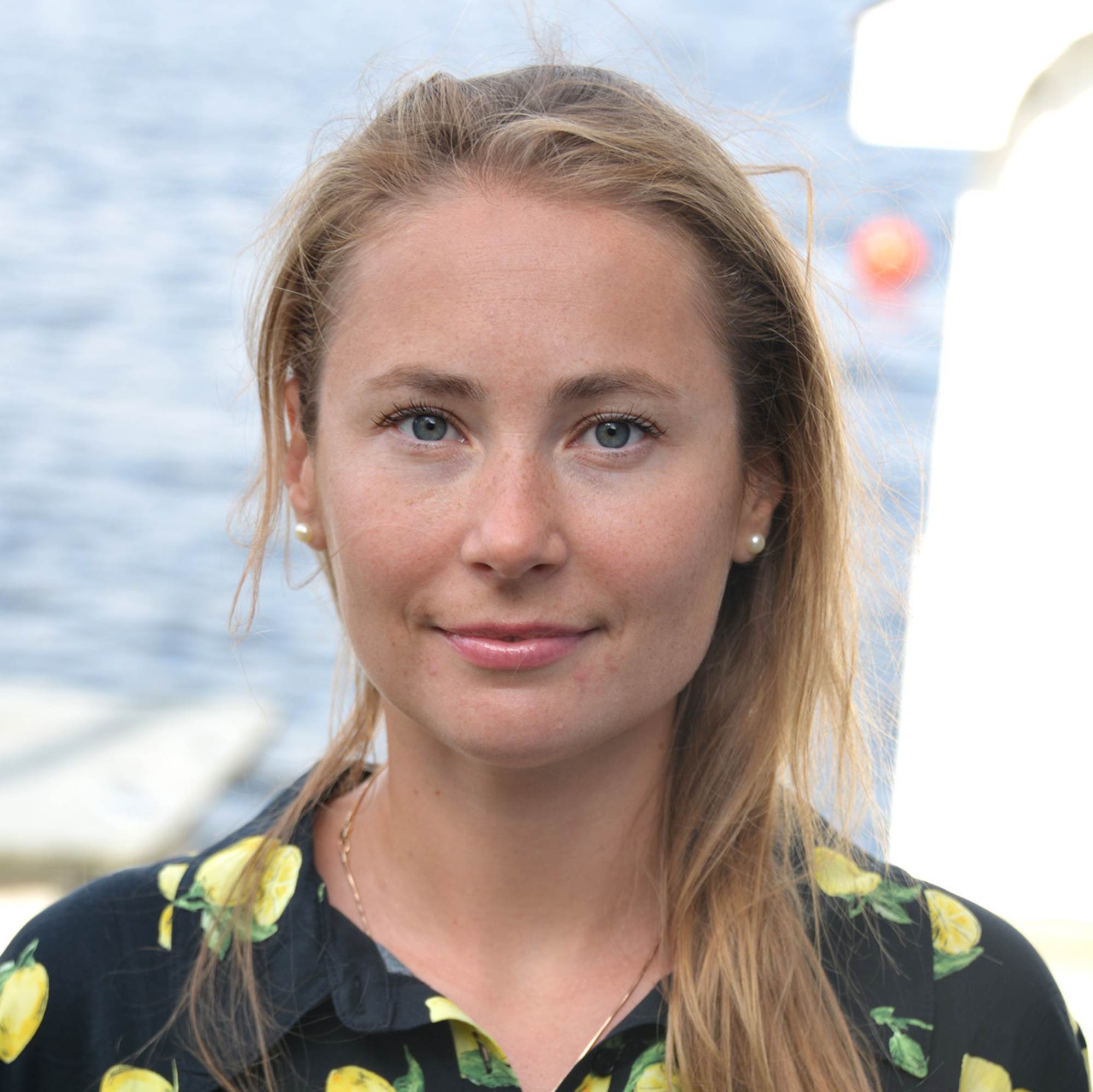
Maintaining resilience to survive: Life, thoughts and experiences from war-torn Kharkiv
How is life unfolding in a major city near the frontline? How has the war changed citizens’ daily routines, behaviors, and identities under constant shelling? How does the city, as both a social space and an urban environment, experience the ongoing war? This keynote aims to explore answers to these questions through a case study approach. We will delve into citizens’ everyday practices, local policies, and new models of interaction between various local actors to uncover the best practices and lessons learned for urban spaces facing crisis conditions.
About the speaker:
Deineko Oleksandra is a Senior Researcher at the Norwegian Institute for Urban and Regional Research (NIBR), OsloMet – Oslo Metropolitan University and an Associate Professor at School Sociology V.N. Karazin Kharkiv National University (Ukraine). She holds a Ph.D. in Sociology (2015). Deineko is a member of the Norwegian Network for Research on Ukraine – UKRAINETT and a board member of the Sociological Association of Ukraine (SAU).
Deineko’s research focuses on social cohesion, identity, trust, civil activism, and migration, with a particular emphasis on Ukrainian society. Since Russia’s full-scale invasion of Ukraine, Deineko has been concentrating on studying the social transformations within Ukrainian society during the war, as well as the life experiences of Ukrainian refugees in Norway.
Architecture students from Oslo & Kharkiv
The Oslo School of Architecture and Design (AHO) & The Kharkiv School of Architecture (KhSA)
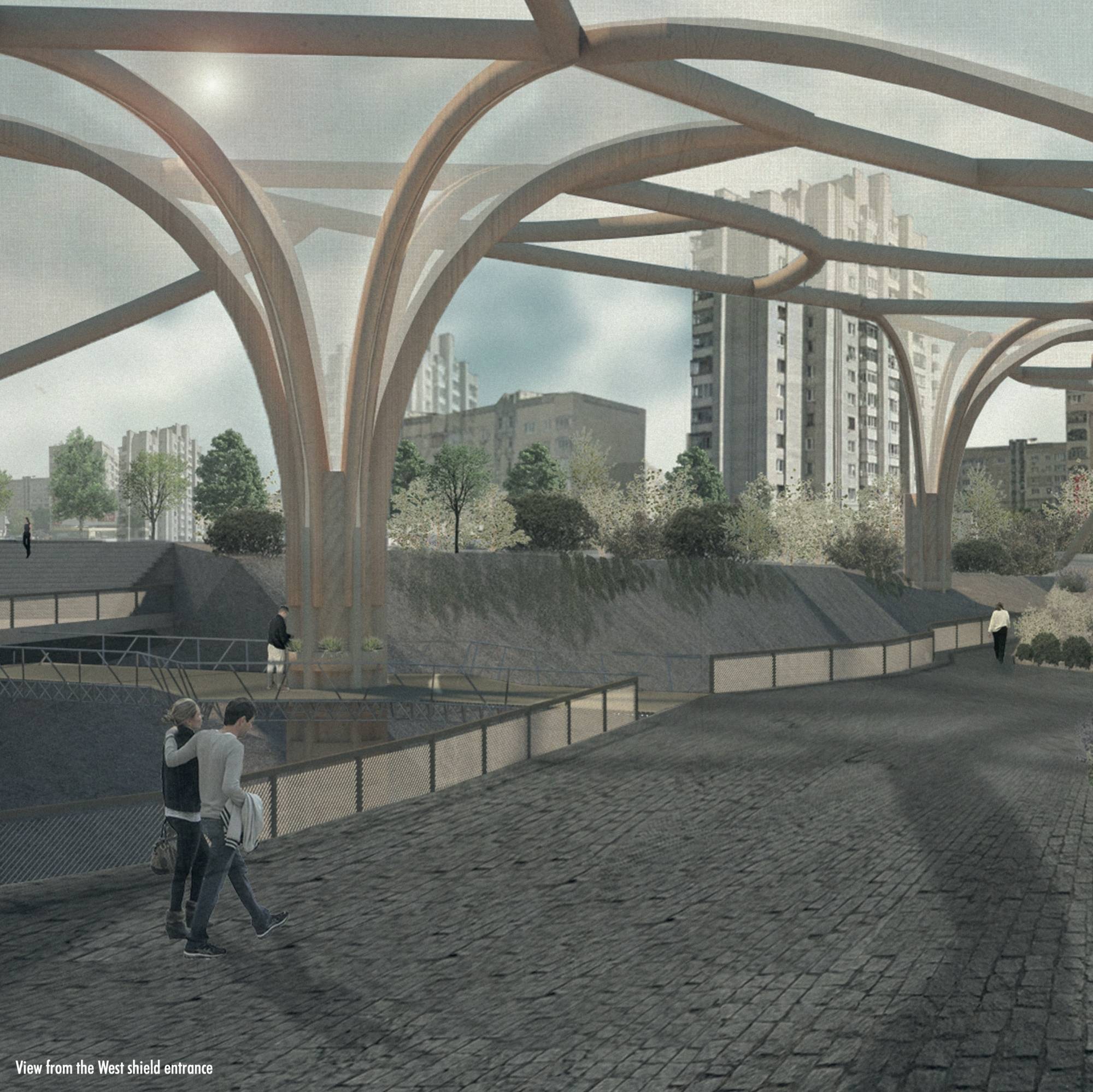
Future scenarios for a climate altered Lviv, Ukraine
This semester students at The Oslo School of Architecture and Design (AHO) are collaborating with students from The Kharkiv School of Architecture (KhSA) envisioning what life in Lviv will look like 30 years from now.
With the ongoing war in Ukraine, attention is given to immediate reconstruction efforts. But reconstruction needs to be seen in relation to the climate and ecology crises – crucial delimitators of what social justice and equitable urban futures may look like.
Through design-based storytelling, visualization and interpretation of scientific data, and the lens of post-growth, the students invite you to look into future scenarios for Lviv, its neighbourhoods, and inhabitants.
About the speakers:
The students presenting are 17 students from Thailand, Greece, Italy, Spain, Portugal, France, England, Germany, Sweden and Norway.
The presentation will open with an introduction given by Anders Ese, Associate Professor at AHO and Daria Ozhyhanova, Architect, BA Programme Director, Studio Lecturer at KhSA.
The Oslo School of Architecture and Design (AHO) offers a unique research-based education of international standing. Established in 1945, today it has built a solid national funding base and is prominently ranked internationally. AHO awards three master’s degrees in Architecture, Landscape Architecture, and Design, as well as a PhD programme.
The Kharkiv School of Architecture (KhSA) is the first private university in Ukraine to offer undergraduate (BA) and graduate (MA) degree opportunities in architecture and urbanism. Founded in 2017 to respond to the social transformations and the need to reinvent Ukrainian cities and to reform national higher education, the School has set the goal to equip its students with globally-informed and locally-relevant knowledge to improve the quality of urban life.
Roberta Cucca
Norwegian University of Life Sciences (NMBU)
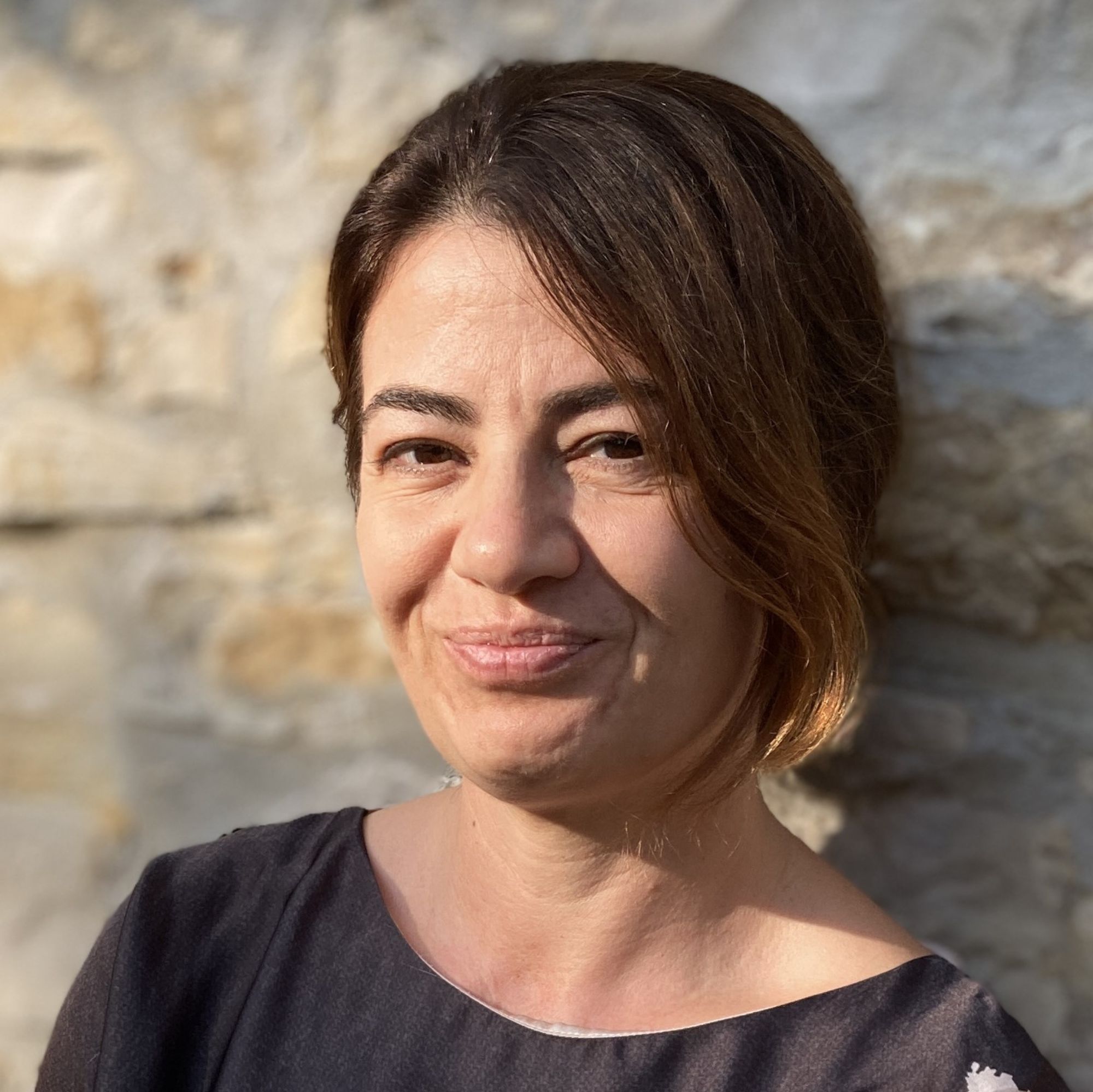
Housing Inequalities in the Green Transition: How Context Matters
Can a green city also be a just city?
By presenting preliminary results from the ongoing European Research Project ReHousIn, and with a specific focus on the case of Oslo, this talk will explore the interplay between contextual factors that influence the relationship between urban sustainability and socio-spatial justice, such as:
- multilevel governance,
- economic, environmental, and demographic trends
- local awareness, and
- policy design.
About the speaker:
Roberta Cucca is Associate Professor at the Norwegian University of Life Sciences, in the Department of Urban and Regional Planning, where she teaches Urban Sociology.
Her main research interests are: socio-spatial inequalities in contemporary cities; the social dimension of sustainability and the multilevel governance of urban social policies.
Currently, she is involved in the European Project ReHousIn-Contextualized pathways to Reduce Housing Inequalities in the green and digital transition. She is a member of the board of the RC21 (Urban and Regional Development) in the International Sociological Association (ISA).
Hege Hofstad
Norwegian Institute for Urban and Regional Research (NIBR)
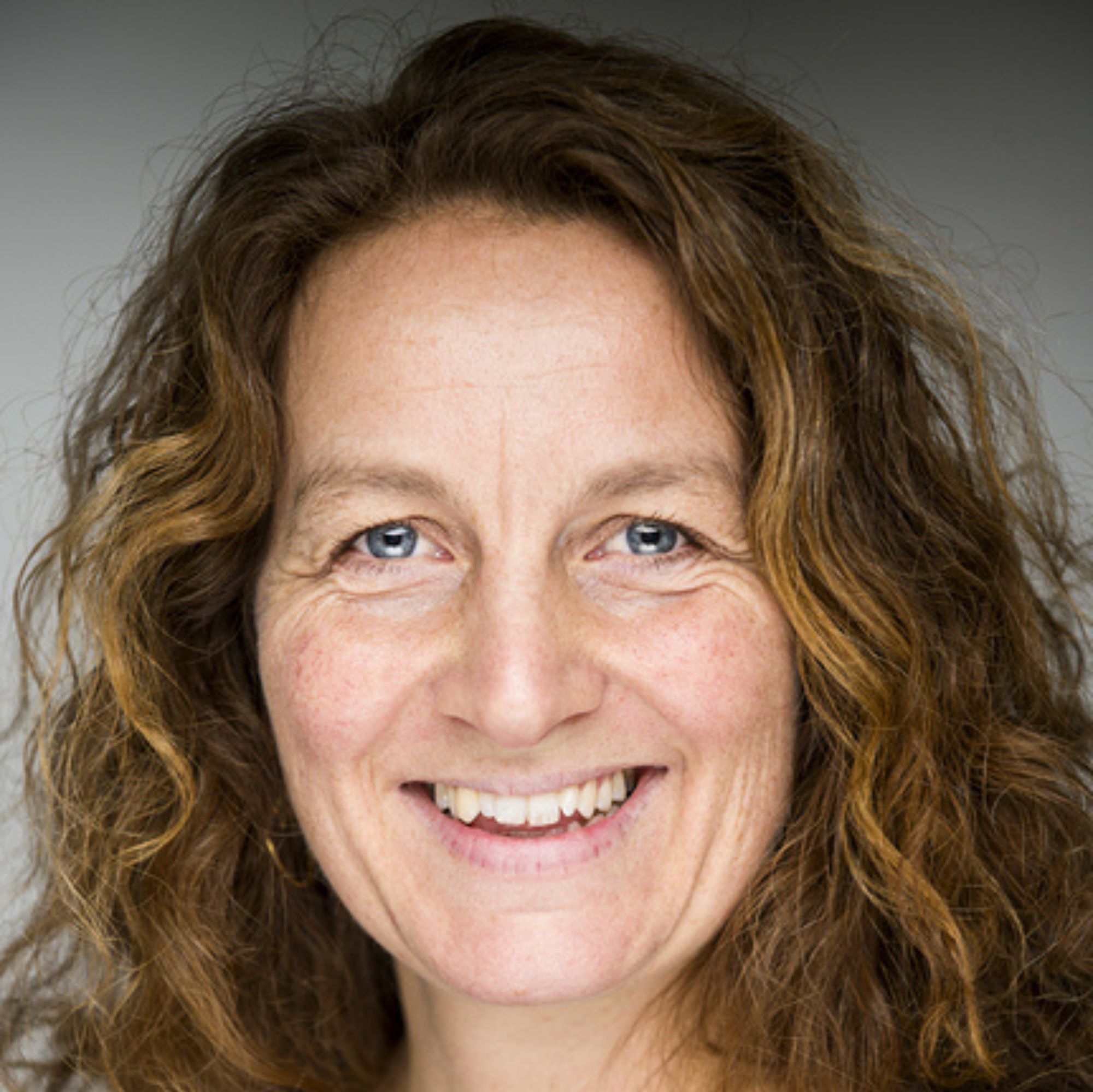
Transition leadership: nuancing the picture
The keynote presents on-going research seeking to define what types of leadership are required to develop ideas, institutions, structures and technologies contributing to sustainable transition.
More in-depth information about the key-note will follow.
About the speaker:
Hege Hofstad’s research centers around governance and co-creation between public authorities at local, regional and national level, organized civil society, various types of business actors, and knowledge institutions to develop and implement overarching and long-term goals such as public health, climate change and sustainability.
Hofstad studies how such processes play out at the local level – in local community development, community and spatial planning or in specific political decision-making processes. Leadership is a special interest.
Mari Mamre & Anders Eika
Norwegian Institute for Urban and Regional Research (NIBR)
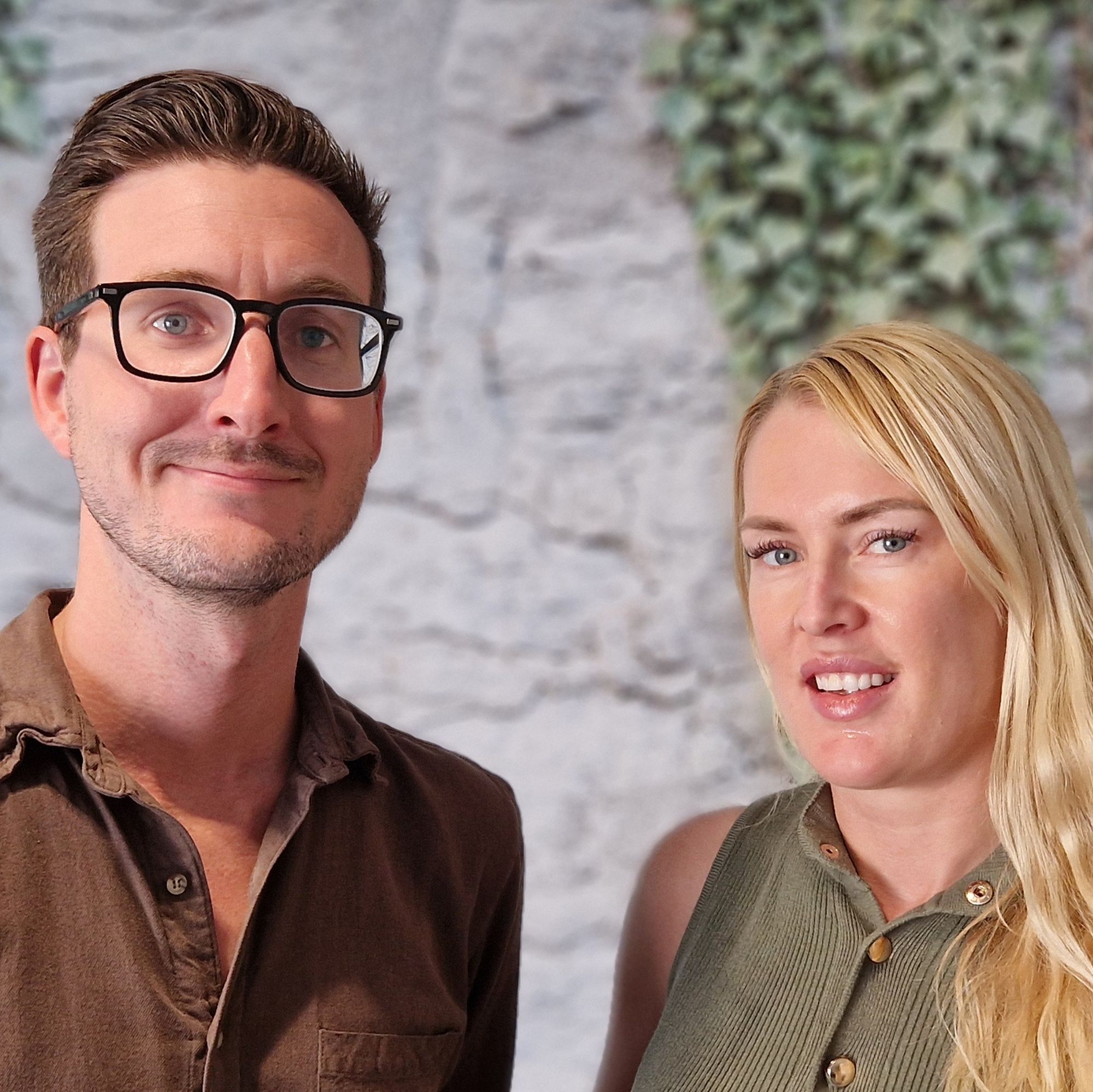
The Impact of Road Traffic Noise on Urban Populations and Housing Values
In Norway, more than 2 million people are exposed to high noise levels at home, with road traffic noise being the primary source. The National Transport Plan and Sustainable Development Goals underline that addressing the environmental and societal disadvantages associated with transport is a high priority.
Given the increasing focus on social sustainability and inequality in public health, this talk will address the transport sector’s role in exacerbating these inequalities through road traffic noise.
Our research suggest that road traffic noise disproportionately affects more vulnerable groups and noise pollution has a significant economic impact on property values, with properties exposed to higher levels of noise being sold at lower prices.
Their homes are often located near busy roads, making them more affordable and accessible to low-income households. These households, however, often lack the resources to mitigate the noise problem.
This research emphasizes the need for strategies aimed at reducing the impact of road traffic noise on our cities and their inhabitants.
About the speakers:
Mari O. Mamre is a researcher at the Norwegian Institute for Urban and Regional Research (NIBR), Oslo Metropolitan University.
Mamre’s research interests encompass housing market economics, urban analysis, welfare, policy evaluation, and advanced statistical methods. In addition to her primary role at NIBR, Mamre holds affiliations with the School of Business and Economics at the Norwegian University of Life Sciences (NMBU) and the Housing Lab at OsloMet.
Most recently, Mamre has been involved in an impactful study examining the extent of household sorting by income in urban areas, taking into account varying levels of urban-periphery amenity and transportation distributions.
Anders Eika is a senior researcher at NIBR, OsloMet. He is educated as a spatial planner. His PhD studied the tension between common and opposing interests in urban development.
Much of Eika’s research focuses on spatial planning and GIS analysis, both of which he teaches at OsloMet. He also works on housing development, regional planning, state planning guidelines and urban food system sustainability.
He leads work package 1 about developing Living Labs in the Horizon 2020 project Fostering the Urban Food System Transformation through Innovative Living Lab Implementation (FUSILLI).
Susana Lopez-Aparicio
The Climate and Environmental Research Institute NILU
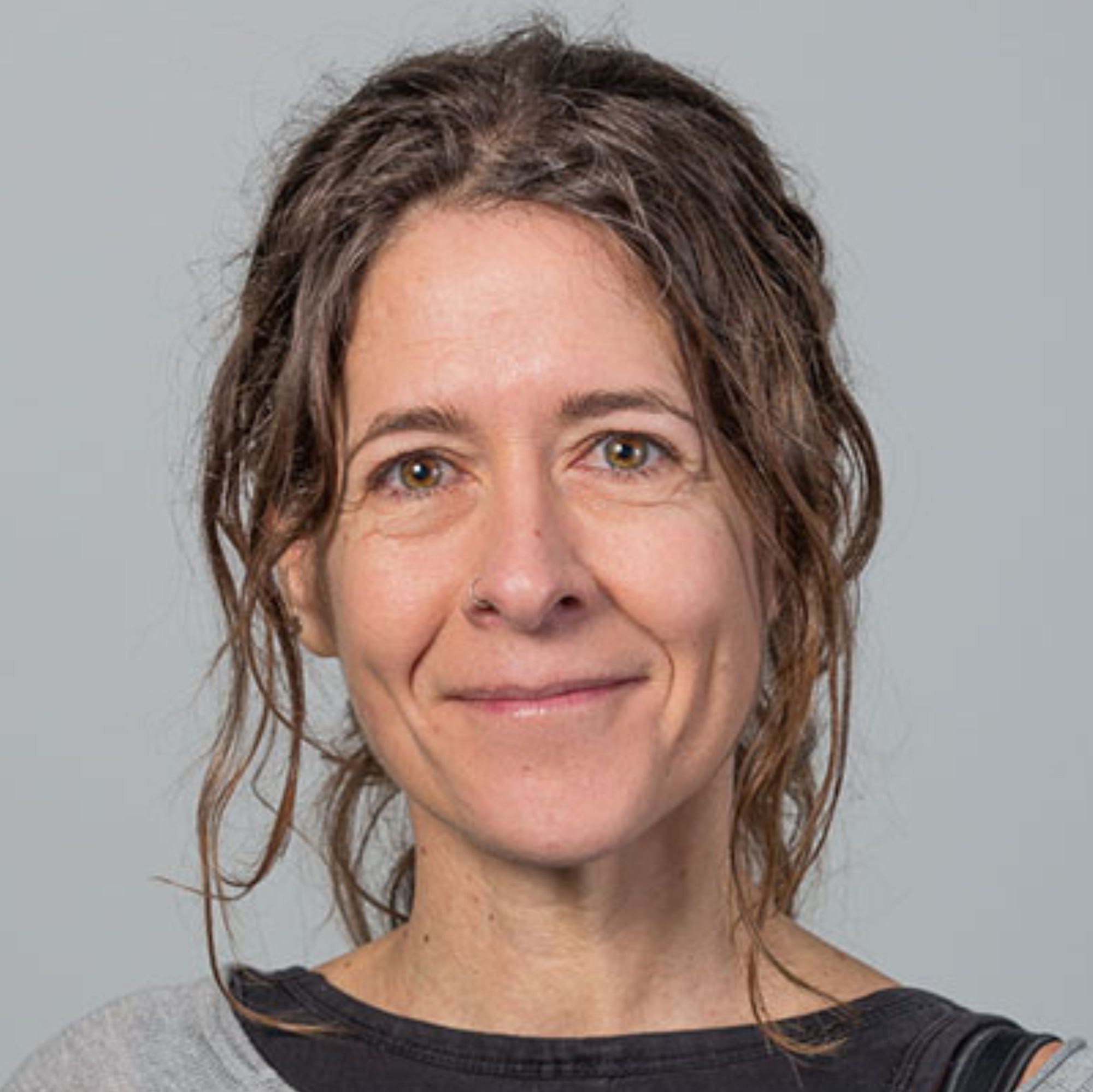
A breathable city – Air pollution as part of sustainable city development
Creating environmentally sustainable cities involves addressing a multifaceted array of interconnected factors. Air pollution, linked to diverse emission sources, poses significant challenges to human health and must be tackled through effective emission reduction strategies. While technological innovations, policy measures, and incentives play essential roles, challenges and trade-offs need to be analyzed.
This keynote will explore how air pollution has played an important part in shaping our cities, and examine the impact of incentives, such as those promoting electric vehicles in Norway. Who has benefited from the incentives towards electric vehicles – and has the air quality really improved from their introduction?
Another critical approach involves integrating air quality considerations into urban planning and design. By studying historical and scenarios of city growths we have investigated how compact city and suburban sprawl development affect air quality. Are there differences between those causing emissions and those exposed to them?
By aligning air pollution mitigation with goals like accessibility and urban diversity, cities can create effective solutions for sustainable development. In this keynote, Lopez-Aparicio will explore various examples that highlight the challenges and trade-offs in achieving sustainable urban environments where air pollution is recognized as a vital component in the design process of future cities.
About the speaker:
Susana Lopez-Aparicio is Senior Scientist at NILU, the Climate and Environmental Research Institute. She has long experience leading research and development projects on air pollutant and greenhouse gas emissions and urban environmental sustainability.
Her main interest is advancing the state-of-the-knowledge and addressing the environmental challenges faced by authorities and the private sector. She has a strong interest in understanding and reducing the impacts of human activities on the environment and developing data-based solutions.